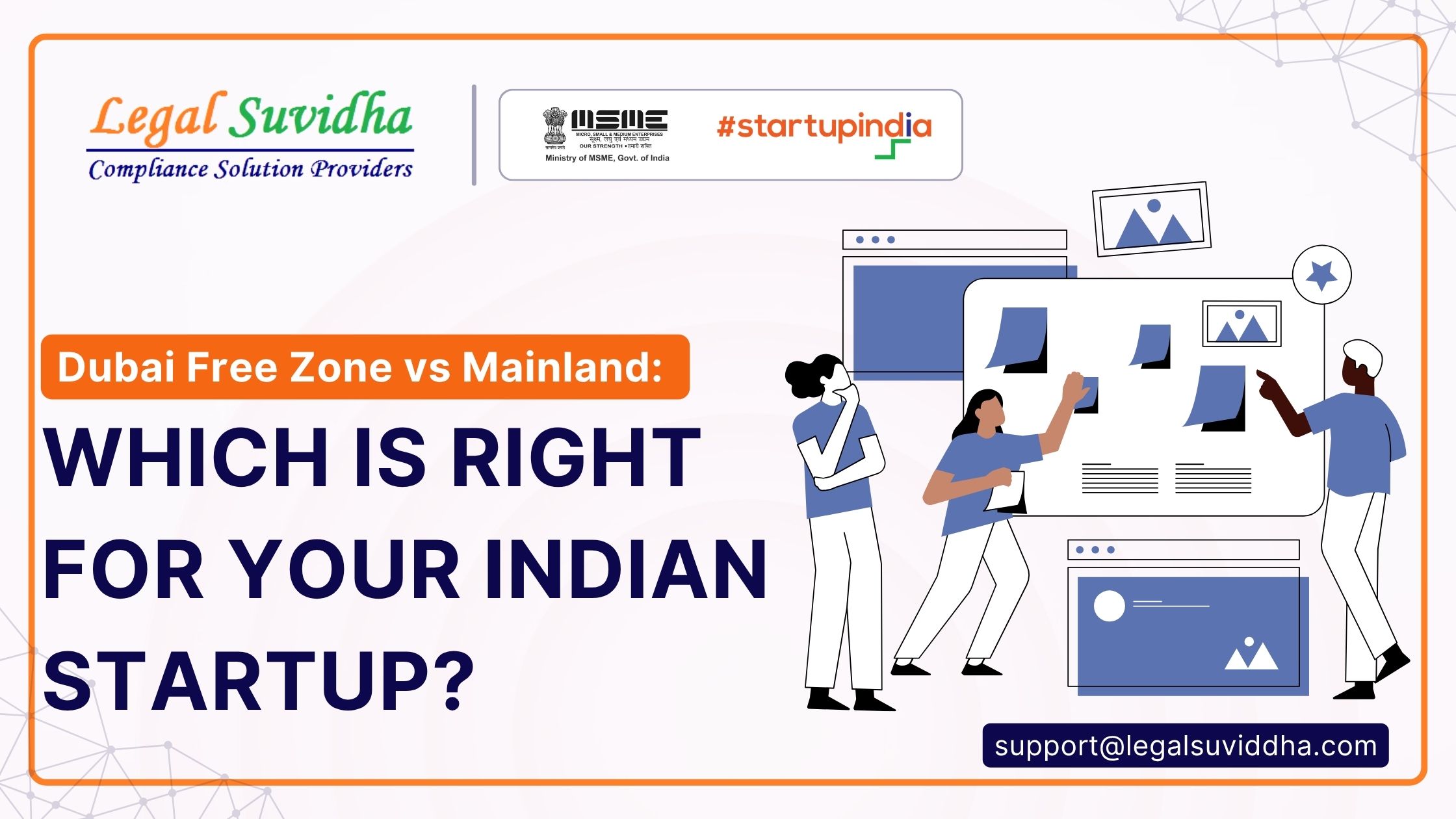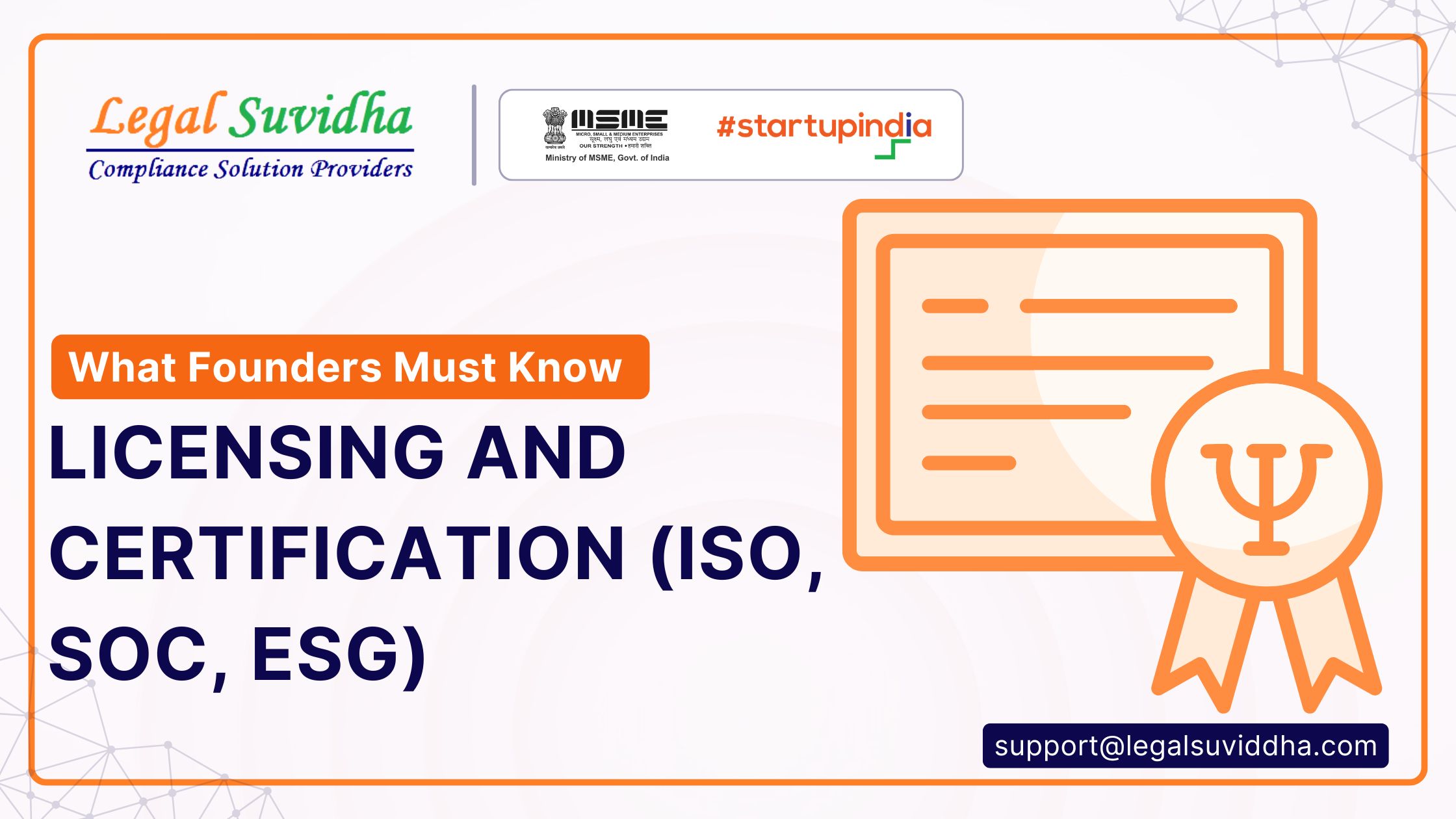Goods and Services Tax (GST) has revolutionized the Indian taxation system, bringing in much-needed uniformity and transparency. However, the growth of e-commerce has presented unique challenges for GST implementation, particularly in terms of determining the place of supply and collecting and remitting GST. In this blog, we will explore the implications of GST compliance for e-commerce businesses and the challenges they face in complying with GST regulations.
One of the primary challenges of GST compliance for e-commerce businesses is determining the place of supply. Under GST, the place of supply is critical in determining the tax rate applicable to a transaction. In the case of e-commerce, where goods or services may be delivered to different locations, determining the place of supply can be complex. To address this issue, GST has introduced a concept known as the “supplier of goods or services” which determines the place of supply based on the location of the supplier. However, this approach has its limitations, particularly in cases where the supplier is not located in India.
Another challenge of Goods & Services Tax compliance for e-commerce businesses is collecting and remitting GST. E-commerce businesses often operate on a marketplace model, where multiple sellers may offer goods or services through a single platform. In such cases, the e-commerce business is required to collect and remit GST on behalf of the sellers. However, this requires a high level of coordination between the e-commerce business and the sellers, particularly in terms of maintaining accurate records of transactions and ensuring timely payment of GST.
Moreover, e-commerce businesses face additional compliance requirements under GST, such as registration and filing of returns. For instance, e-commerce operators are required to register under GST irrespective of their turnover, which can be a burden for small businesses. Additionally, e-commerce operators are required to file returns on a monthly basis, which can be time-consuming and complex.
To overcome these challenges, e-commerce businesses must adopt a proactive approach to GST compliance. This may include investing in technology solutions that enable accurate record-keeping and reporting, training employees on GST compliance requirements, and engaging with tax experts to ensure compliance with the latest regulations.
Impact of GST on Small E-commerce Businesses
The introduction of GST in India has had a significant impact on businesses of all sizes, including small and medium-sized enterprises (SMEs) in the e-commerce sector. While the GST regime was introduced with the aim of simplifying and unifying the country’s tax system, it has posed several challenges for small e-commerce businesses, which have limited resources and expertise to navigate the complexities of the new tax regime. In this article, we will discuss the impact of GST on small e-commerce businesses and the challenges they face.
- One of the main challenges that small e-commerce businesses face is the need to comply with the Goods & Services Tax regulations.
- Under the GST regime, e-commerce businesses are required to obtain GST registration and file regular returns, which can be a time-consuming and costly process for small businesses with limited resources.
- Additionally, small e-commerce businesses may not have the infrastructure to comply with the requirements of GST, such as maintaining detailed records of their transactions and ensuring that they are collecting the appropriate GST rates.
- Another challenge that small e-commerce businesses face is the impact of GST on their pricing strategy.
- The GST regime has led to an increase in the tax rates for several products and services, which has resulted in higher prices for consumers.
- Small e-commerce businesses may find it challenging to absorb these price increases, which can make their products less competitive in the market.
- Additionally, small businesses may not have the bargaining power to negotiate lower prices from their suppliers, which can further impact their profitability.
- Furthermore, the GST regime has created additional compliance requirements for small e-commerce businesses that sell products across state borders.
- Under the previous tax regime, businesses were only required to comply with the tax regulations of the state in which they were based.
- However, under the GST regime, businesses must comply with the tax regulations of every state in which they sell products, which can be a daunting task for small businesses that lack the resources to comply with multiple state regulations.
GST Compliance for E-commerce Sellers on Marketplaces
The introduction of the Goods and Services Tax has brought significant changes to the tax regime in India. One of the most impacted sectors is the e-commerce industry. E-commerce sellers on marketplaces have to comply with specific GST regulations. In this article, we will discuss GST compliance for e-commerce sellers on marketplaces.
- The first step towards GST compliance for e-commerce sellers is to obtain GST registration. All e-commerce sellers with an annual turnover of Rs. 20 lakhs or more must register for Goods & Services Tax.
- E-commerce sellers should register for GST in each state where they have a business presence or are selling their products.
- E-commerce sellers should also ensure that they are charging the appropriate GST rates on their products.
- Under GST, there are four tax slabs – 5%, 12%, 18%, and 28%. The GST rates applicable to a product depend on the category it falls under.
- E-commerce sellers should ensure that they are charging the correct GST rates on their products to avoid penalties and legal issues.
- Another compliance requirement for e-commerce sellers is to file GST returns.
- E-commerce sellers must file three returns every month – GSTR-1, GSTR-2, and GSTR-3. GSTR-1 is the monthly return that contains details of all outward supplies made by the seller.
- GSTR-2 is the return that contains details of all inward supplies made by the seller.
- GSTR-3 is the final return that summarizes the details of the previous two returns.
- E-commerce sellers must also maintain detailed records of their transactions. They should keep records of all invoices, bills of supply, delivery challans, and other relevant documents. This will help them during audits and assessments.
In conclusion, GST compliance is essential for e-commerce sellers on marketplaces. E-commerce sellers must obtain GST registration, charge the appropriate GST rates, file regular GST returns, and maintain detailed records of their transactions. Complying with GST regulations can be time-consuming and complex. However, e-commerce sellers can simplify the compliance process by using GST compliance software and seeking professional advice when necessary.
GST and implications for dropshipping in E-commerce
Dropshipping has become a popular business model in the e-commerce industry, allowing entrepreneurs to sell products without the need for a physical inventory. However, the introduction of the Goods and Services Tax has brought significant implications for dropshipping in e-commerce. In this article, we will discuss the implications of GST for dropshipping in e-commerce.
- Under GST, drop shippers are considered intermediaries and are subject to specific compliance requirements.
- As intermediaries, drop shippers must register for GST and pay taxes on the commission they earn from the sale of products.
- Dropshippers must also ensure that their suppliers are registered for GST and charging the appropriate tax rates on the products they sell.
- One of the significant implications of GST for dropshipping is the increase in compliance costs.
- Dropshippers must maintain detailed records of their transactions, including invoices, bills of supply, and other relevant documents.
- They must also file regular GST returns and comply with other compliance requirements under GST. These compliance costs can significantly impact the profitability of dropshipping businesses.
- Another implication of GST for dropshipping is the impact on pricing. Dropshippers must ensure that the prices of the products they sell include the appropriate GST rates.
- The GST rates applicable to a product depending on the category it falls under, and failure to charge the correct GST rates can result in penalties and legal issues.
- Dropshippers must also be aware of the place of supply rules under GST. The place of supply rules determines the state in which Goods & Services Tax must be paid.
- Dropshippers must ensure that they are complying with the place of supply rules and paying the appropriate taxes.
In conclusion, GST has significant implications for dropshipping in e-commerce. Dropshippers must comply with GST regulations, including registering for GST, maintaining detailed records, charging the appropriate GST rates, and complying with the place of supply rules. The increase in compliance costs and the impact on pricing can significantly impact the profitability of dropshipping businesses. Therefore, it is essential for drop shippers to seek professional advice and use GST compliance software to simplify the compliance process.
If You have any queries then connect with us at [email protected] or you can contact us & stay updated with our latest blogs & articles








